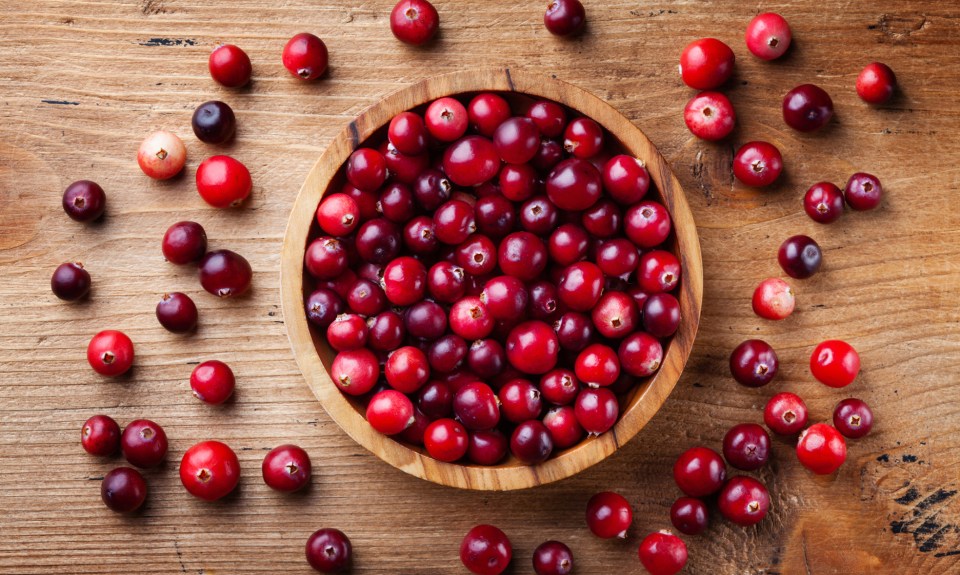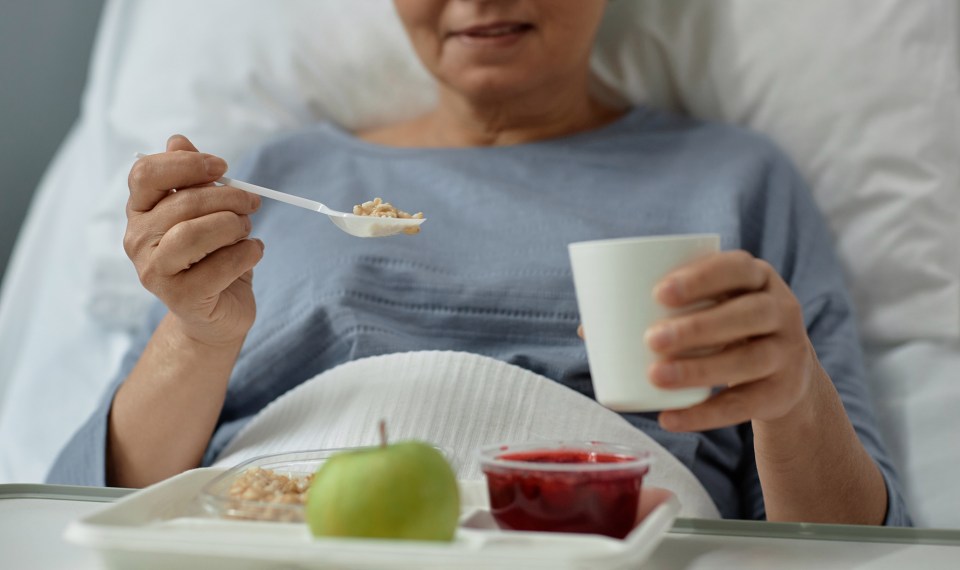An estimated 5.8 million Americans of all ages will greet Thanksgiving with some level of dementia, 60 to 70% of those being Alzheimer’s disease. Many will take part in the traditional pilgrim feast, spending special time with those they love. And while memories may stray from time to time, research suggests that certain foods can help support memory and may possibly reduce risk for dementia or cognitive decline in the long run.
Try adding these foods that support memory to your menu this Thanksgiving holiday and beyond for a potentially sharper mind and healthier outlook.
Cranberries
These ruby-red gems tagalong perfectly with the holidays. Tossed in salads, baked in recipes and eaten by the mouthful, cranberries offer a tangy sweetness and the natural flavonoid antioxidants your body craves. According to research presented by Tufts University, the antioxidants and anti-inflammatory compounds found in cranberries may help boost the brain’s signaling function to protect it from age-related memory loss.
Another study published in a Neural Regeneration Research further supports this finding, noting these antioxidant compounds increase plasticity, which helps brain cells form new connections, boosting learning and memory.
Pecans
Ever meet a pecan that didn’t love Thanksgiving? Prepped in a dish or on their own, pecans offer a hearty crunch with just the right flavor for any palette. The pecan’s health-boosting antioxidant vitamin E not only lowers bad cholesterol, but it also boosts memory, protecting cells from oxidative stress caused by free radicals as we age. One study published in the Journal of Nutrition, Health and Aging found that a higher overall nut intake was linked to better brain function in older ages. Pass the pecans, please.
Broccoli
Sprinkled with cheese or chopped for soup, broccoli is an excellent, low-calorie source of dietary fiber. No surprise here, it’s good for the brain, too. Broccoli has glucosinolate compounds, which the body breaks down into isothiocyanates. Besides being quite a long word that’s difficult to say, isothiocyanates may oxidate stress to lower the risk of dementia and movement disorders. Added bonus? Broccoli contains vitamin C and flavonoids to further boost brain health.
Brussels Sprouts
A member of the cabbage family, Brussel sprouts have fast become a popular trend in recent years. Simply toss on a baking sheet, sprinkle with olive oil, sea salt, pepper and Parmesan, and roast in the oven. You’ll be a hero among chefs. As for its brain benefits, Brussels sprouts closely mirror those of the broccoli bunch, respectively distant cousins.
Salmon
Salmon for Thanksgiving? Believe it or not, the first Thanksgiving feast in 1621 included a delicacy of seafood. Whether or not they actually served salmon per se, it is still an excellent source of omega-3 fatty acids, which can’t be beat. One 2017 study in the Journal of Alzheimer’s Disease found that people with high levels of omega-3s had increased blood flow in the brain, drawing a connection between omega-3 levels and thinking abilities.
Dark Chocolate
Now we’re talking. Dark chocolate is loved for more than just its richly bold flavor in decadent desserts. It also provides cocoa, which yields flavonoid antioxidants – also good for the brain. In 2018, FSAEB journal published a study to further support dark chocolate’s brain-boosting effects. Researchers reviewed brain activity in participants through imaging methods after they ate chocolate with at least 70% cocoa. It was concluded that eating this type of dark chocolate may improve brain plasticity for heightened learning potential.
While choosing the right foods has been shown to help protect the brain from memory loss, many forms of dementia start out slowly and gradually get worse. Don’t ignore symptoms that continue to decline. Talk to your doctor, who may diagnose a treatable condition.
SOURCES:
https://www.alz.org/alzheimer_s_dementia
Burgess, Lana, Dec.19, 2018, Medical News Today
https://www.medicalnewstoday.com/articles/324044.php
https://www.wellandgood.com › good-food › are-pecans-good-for-you
Budson, Andrew E., Serving Fish This Thanksgiving, Nov. 19, 2017, Psychology Today
Gorelick et al. (2017) Defining Optimal Brain Health in Adults: A Presidential Advisory From the American Heart Association/American Stroke Association. Stroke. 48(10):e284-e303. doi: 10.1161/STR.0000000000000148.
Morris et al. (2015). MIND diet associated with reduced incidence of Alzheimer’s disease. Alzheimer’s & Dementia. 11(9):1007-14. doi: 10.1016/j.jalz.2014.11.009.
Singh et al. (2014) Association of Mediterranean diet with Mild Cognitive Impairment and Alzheimer’s disease: A Systematic Review and Meta-Analysis. J Alzheimer’s Dis. 39(2): 271–282. doi:10.3233/JAD-130830.
Singh et al. (2014) Association of Mediterranean diet with Mild Cognitive Impairment and Alzheimer’s disease: A Systematic Review and Meta-Analysis. J Alzheimer’s Dis. 39(2): 271–282. doi:10.3233/JAD-130830.
The content of this site is for informational purposes only and should not be taken as professional medical advice. Always seek the advice of your physician or other qualified healthcare provider with any questions you may have regarding any medical conditions or treatments.



